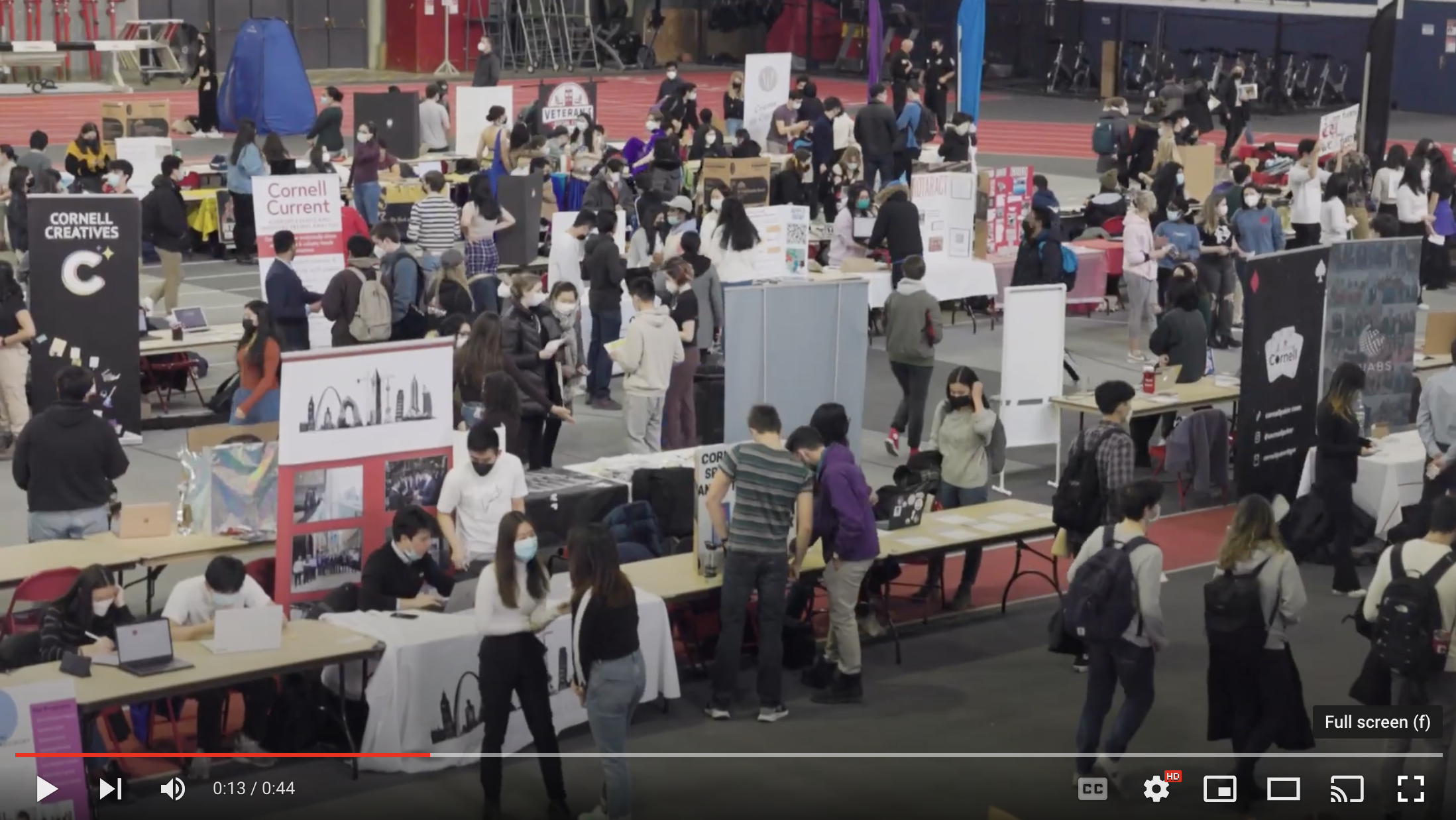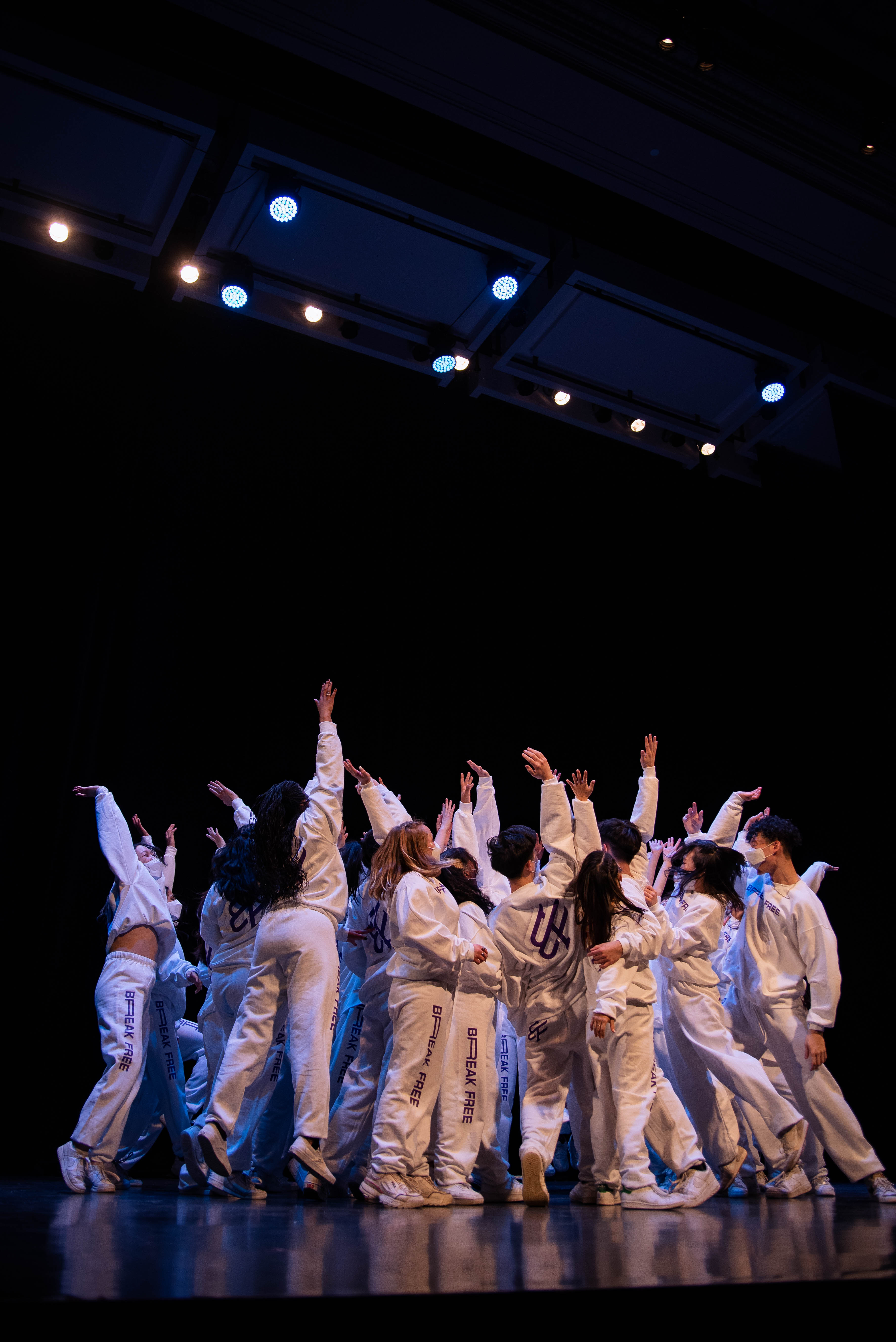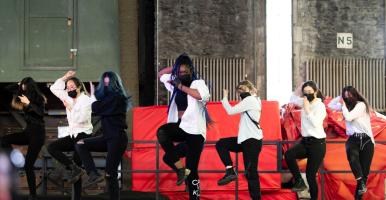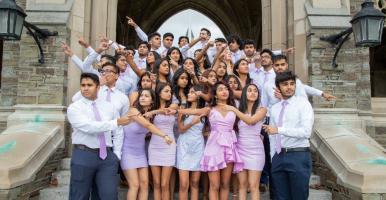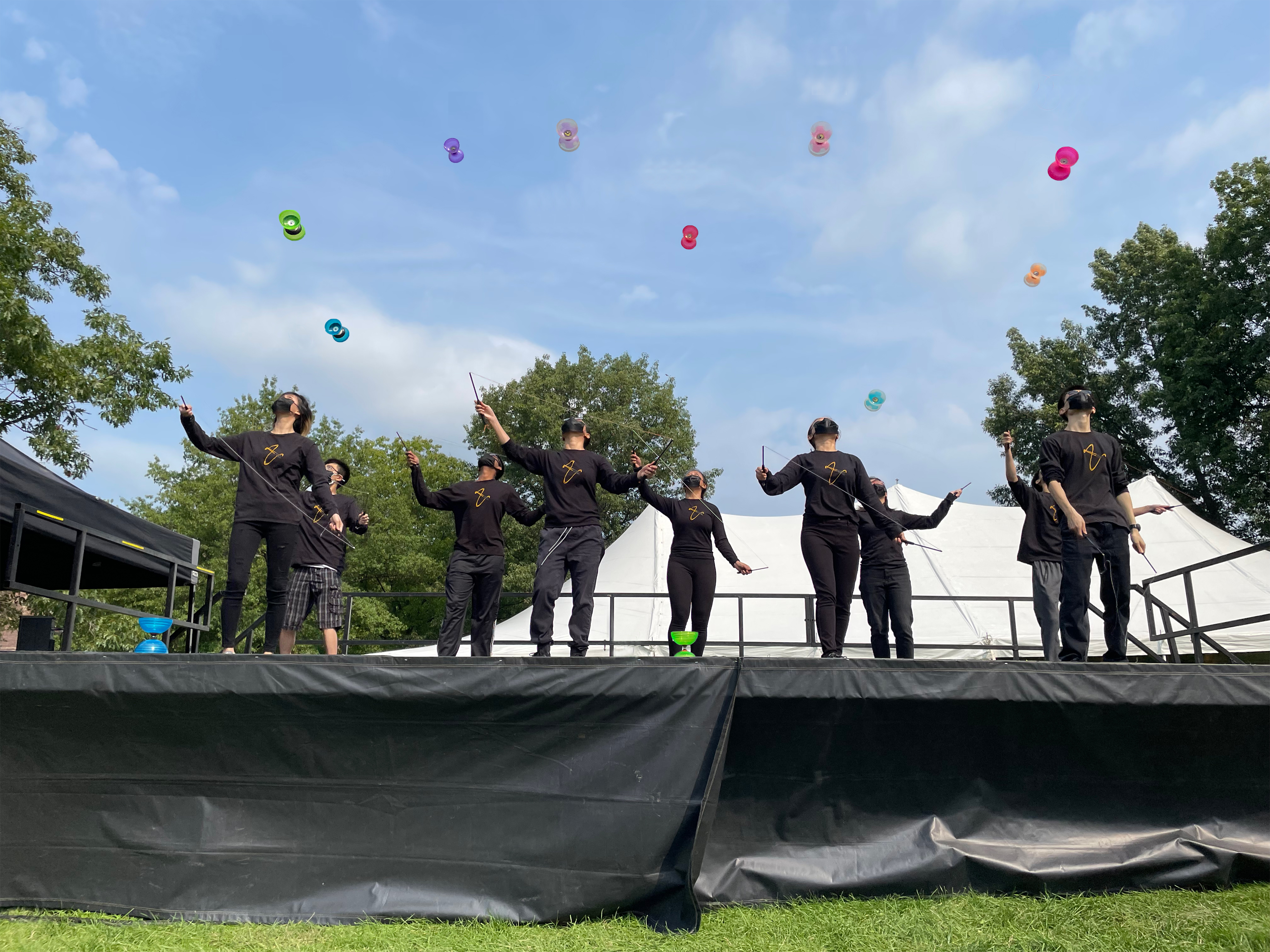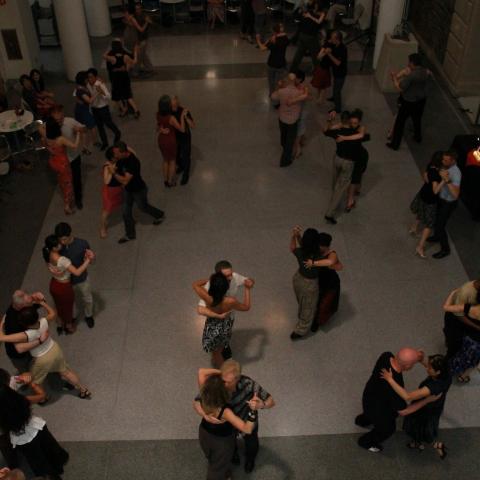Student Organizations: finding community, identity, and leadership at Cornell
In 1868, Ezra Cornell founded Cornell University as “an institution where any person can find instruction in any study.” Over 150 years later, Cornellians of all backgrounds find community, identity, and leadership through nearly 1,000 diverse student organizations.
To explore the lived experience of one of Cornell’s most cherished principles, we connected with members of five student-led organizations across campus to hear how their campus involvement has supported them in finding community, identity, and leadership at Cornell.
Community
Each club member was enthusiastic about the community and friendships they had built, emphasizing that, for them, it was key to a fruitful and transformative college experience. The Cornellians told us that student-run organizations allowed them to try something new, meet new people, and develop a strong community to aid in their personal and academic successes
Llorenz Meliton ’23 of BreakFree, a club that offers free dance classes to the Cornell community, and includes a performance group, spoke with us. “BreakFree is family,” shared Llorenz. “BreakFree changed my life. BreakFree has blessed me with close friends… The team has supported me in times when I really struggled and continues to uplift me every day.” By joining E.Motion, the K-pop dance group on campus, Maya Hardi ’23 met some of her closest friends and people who not only share her interests, but also support and help her get through challenging situations. For Orka Sinha ’21 MS ’22, before joining Big Red Raas, a nationally ranked garba-raas team, “I'd never danced before. It was going to be that new experience that I craved. What I did not expect was to join one of the most kind and loving communities anyone could hope for.”
Students connect not only with one another within the organization, but beyond, too. Orka found community not only within the team but also the South Asian community at Cornell, the dance community at Cornell and the raas community that exists outside of it. Jason Wong ’22 of Pro-Yos, a club intended for students dedicated to learning and performing the diabolo, also known as the Chinese yoyo, shared that he has a very solid friend group among the people in the club and being a part of Pro-Yos has also helped with make new friends outside of the student organization. “Sometimes people see my yoyo keychain on my backpack and ask me about Pro-Yos, he said. “People recognize us from our performances and tell me they are huge fans, which I think is inspiring and encouraging.”
The Cornell Tango club creates opportunities for the Cornell community to dance, learn, and share Argentine tango. “Tango is a social dance,” Zheng Teng MS ’22 from Cornell Tango explains. “Usually, there are no fixed partners. It is interesting to dance with strangers in a milonga. Every dancing experience is unique because the person you dance with, the mood, and the feeling you gain, are not reproducible. It's the tango version of seizing the moment and enjoying life.”
Additionally, student-run clubs can also be a community of refuge. Jason says, “yoyoing is stress-relieving, which helps with mental health. It is a nice hobby to have to be able to keep my mind off of schoolwork for a few hours and to think about something other than my classes.” Zheng adds, “the academic pressure at Cornell is truly heavy, and being surrounded by so many talented peers sometimes really makes me feel overwhelmed. Tango is more like a harbor for me to relax and recharge myself, then I can keep on moving.” Orka agrees, being involved in student organizations “brings a much-needed break to the grind of school.”
Identity
Students often develop and define their identity through club participation – whether the organization is something that they are already skilled at or familiar with, or is something that they’re trying for the first time. BreakFree has helped Llorenz become a better version of himself. He says, “BreakFree helped me learn to love myself. … I’ve discovered how I can dance like myself, how I can be like myself, and truly accept that. BreakFree gives me the space to find my individual dance style and explore my identity as a Filipino-American through dance.”
“Being a part of Pro-Yos has helped me find out more about myself and better define who I am. It has helped me to see that when I am motivated to get something done, it will be completed. Pro-Yos has helped me better connect with my culture, since diabolo is popular in Asia, and there are many other Asian-Americans in my club, whom I feel like I can connect with better to due to our shared interest in diabolo,” Jason says.
Leadership
Students build leaderships skills through their involvement with clubs: budgeting, coordination, and confidence to name a few. Rising to President of her club, Zheng honed leadership and outreach skills while keeping the club moving forward during the pandemic. As co-President of the Pro-Yos, Jason has developed his leaderships and interpersonal skills. He has “learned [how] to create reasonable compromises between people with different ideas on how something should be done.” Maya, of E.Motion, explains overcame stage fright to do what she loves; “I’ve become more confident on and off stage.”
Cornell’s student organizations offer vast opportunities for every student to try something new, meet new people, and develop a strong community to aid in their personal and academic successes. Nearly 1,000 diverse student organizations on campus, and nearly 1,000 paths of personal and communal growth.

